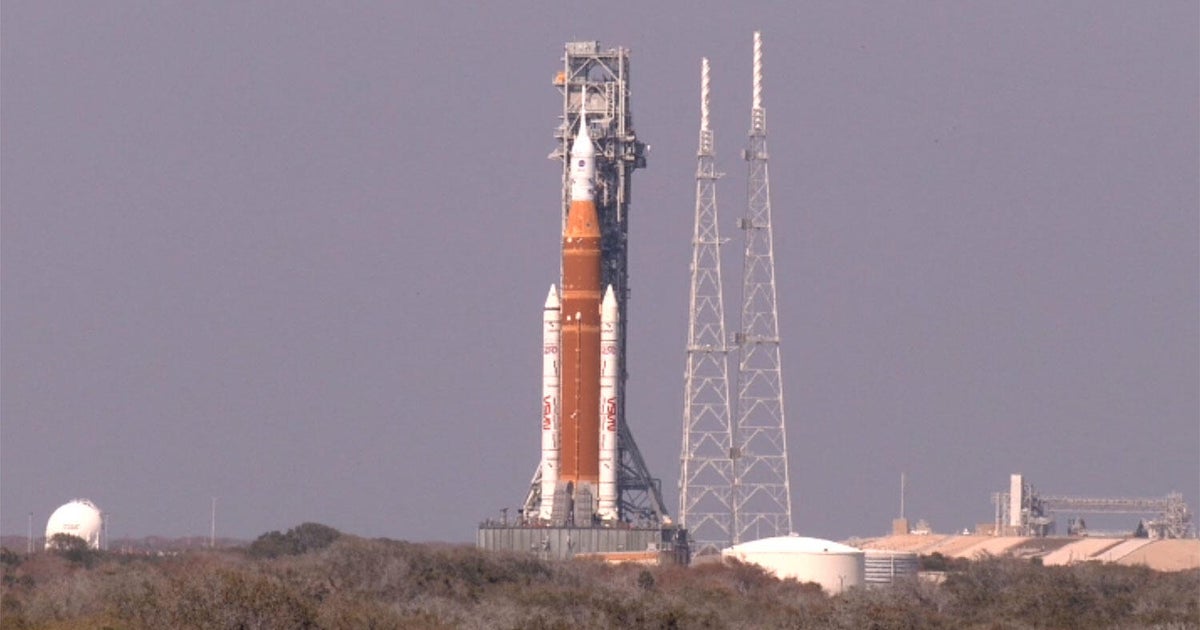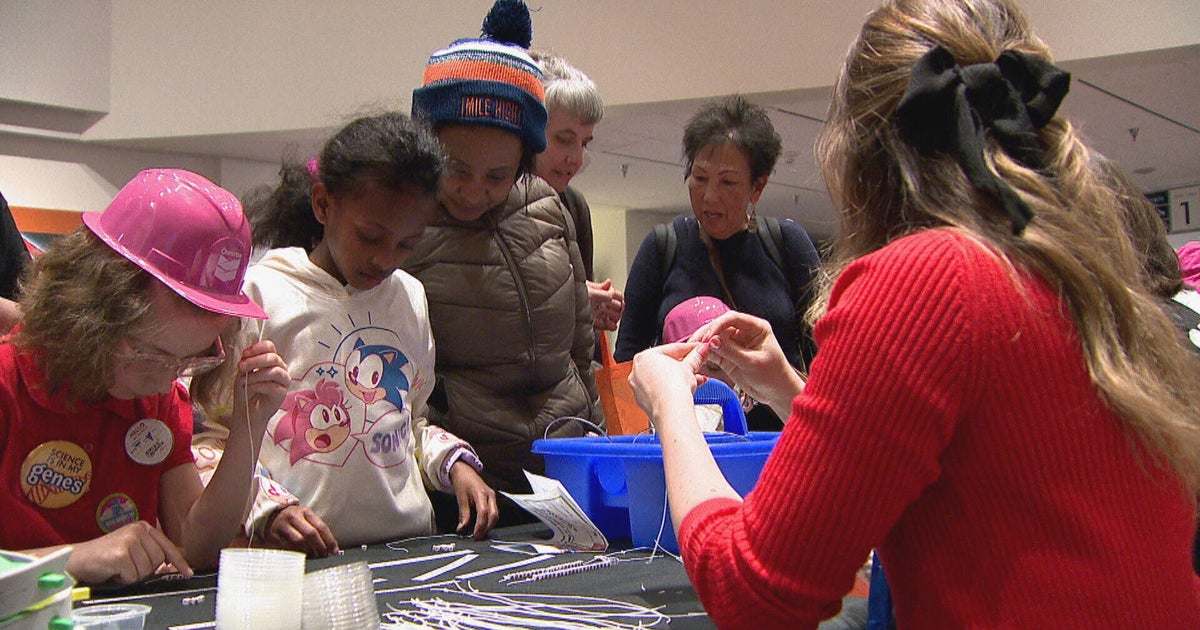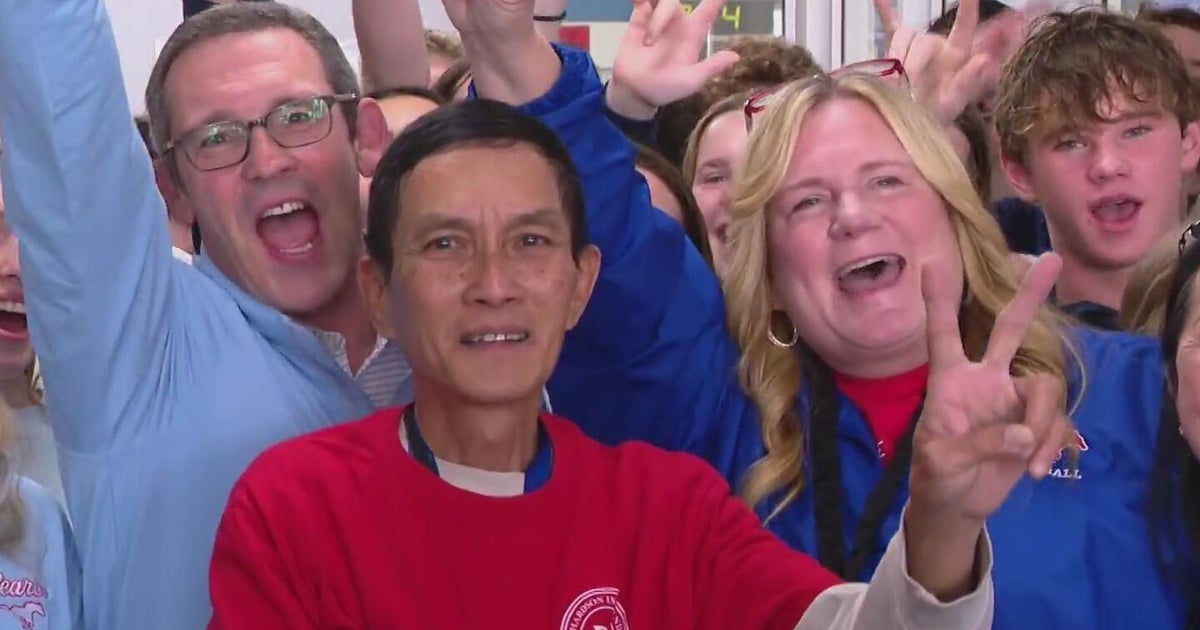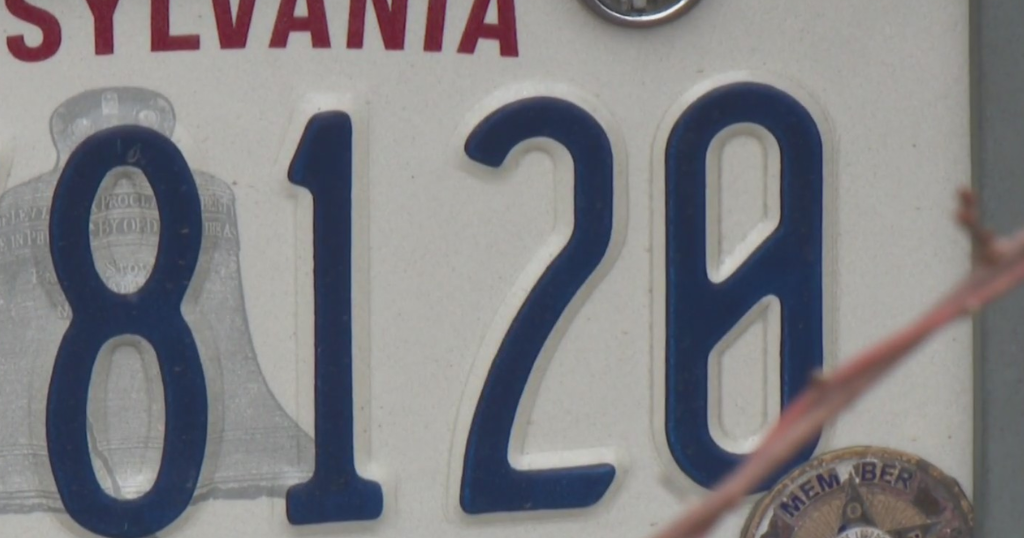NASA says more science and less stigma are needed to understand UFOs
NASA said Thursday that the study of UFOs will require new scientific techniques, including advanced satellites as well as a shift in how unidentified flying objects are perceived.
The space agency released the findings after a yearlong study into UFOs.
In its 33-page report, an independent team commissioned by NASA cautioned that the negative perception surrounding UFOs poses an obstacle to collecting data. But officials said NASA's involvement should help reduce the stigma around what it calls UAPs, or unidentified anomalous phenomena.
"We want to shift the conversation about UAPs from sensationalism to science," NASA Administrator Bill Nelson said. He promised an open and transparent approach.
Officials stressed the panel found no evidence that UAPs had extraterrestrial origin. But Nelson acknowledged with billions of stars in billions of galaxies out there, another Earth could exist.
"If you ask me, do I believe there's life in a universe that is so vast that it's hard for me to comprehend how big it is, my personal answer is yes," Nelson said at a news conference. His own scientists put the likelihood of life on another Earth-like planet at "at least a trillion."
When pressed by reporters on whether the U.S. or other governments are hiding aliens or otherworldly spaceships, Nelson said: "Show me the evidence."
NASA has said it doesn't actively search for unexplained sightings. But it operates a fleet of Earth-circling spacecraft that can help determine, for example, whether weather is behind a strange event.
The 16-member panel noted that artificial intelligence and machine learning are essential for identifying rare occurrences, including UFOs.
NASA recently appointed a director of UAP research, but refused to divulge his identity at Thursday morning's news conference in hopes of avoiding the threats and harassment faced by panel members during the study.
Eight hours later, however, NASA said it's Mark McInerney, who previously served as a liaison on the subject of UAPs between the space agency and the Defense Department. He's also worked with the National Oceanic and Atmospheric Administration and the National Hurricane Center.
No top-secret files were accessed by the panel's scientists, aviation and artificial intelligence experts, and retired NASA astronaut Scott Kelly, the first American to spend nearly a year in space. Instead, the group relied on unclassified data in an attempt to better understand unexplained sightings in the sky.
Officials said there are so few high-quality observations that no scientific conclusions can be drawn. Most events can be attributed to planes, drones, balloons or weather conditions, said panel chairman David Spergel, president of the Simons Foundation, a scientific research group.
The government refers to unexplained sightings as UAPs versus UFOs. NASA defines them as observations in the sky or elsewhere that cannot be readily identified or scientifically explained.
The study was launched a year ago and cost under $100,000.
___
The Associated Press Health and Science Department receives support from the Howard Hughes Medical Institute's Science and Educational Media Group. The AP is solely responsible for all content.







